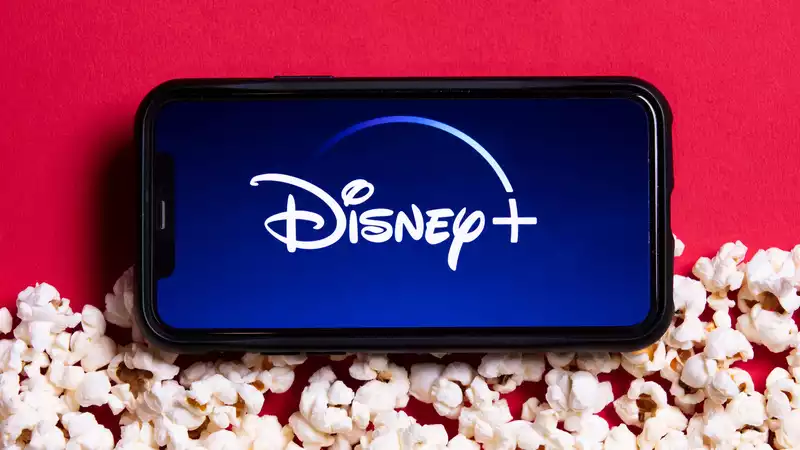Disney Plus has changed what children can easily find, making four older films inaccessible from children's profiles. According to Disney, all of these films are being kept from children's view because of their negative and stereotypical portrayals of various ethnic groups around the world.
While some parents may find this a bit annoying, Disney's addition of a content warning gives the works more context.
Specifically, the Disney Plus online help center notes that "titles with content warnings related to negative depictions and/or abuse of people or cultures are excluded."
Disney's website provides a more in-depth description in a section titled Stories Matter, along with a breakdown of the four films that can no longer be seen on the kids' profiles. These films were not "cancelled" and can be easily accessed through the Disney Plus adult account.
Disney did not make these decisions on its own. The company has established an independent advisory board of groups "comprised of key organizations that advocate for the communities they represent and are at the forefront of driving narrative change in media and entertainment." [African American Film Critics Association (AAFCA), Coalition of Asian Pacifics in Entertainment (CAPE), Define American, Geena Davis Institute on Gender in Media, GLAAD Media Institute; Hollywood, Health & Society; IllumiNative; The National Association of Latino Independent Producers (NALIP); RespectAbility; The Science & Entertainment Exchange, and Tanenbaum.
When you press play on these movies, the following message will appear:
This program contains negative and abusive portrayals of people and cultures. These stereotypes were wrong then and are wrong now. Rather than removing this content, we want to acknowledge its harmful effects, learn from it, and spark a conversation to create a more inclusive future together.
Disney is committed to creating inspiring and aspirational themed stories that reflect the rich diversity of human experience around the world.
We ourselves looked for that message in "Aristocats," "Dumbo," and "Peter Pan," but not in "Swiss Family Robinson." But "Swiss Family Robinson" did not.
In the animated film "Aristocats," a cat named Shun Gong is portrayed as a rather grating caricature of an East Asian. Undoubtedly racist features include buckteeth, slanted eyesight, and poor, halting English.
In the song "Everybody wants to be a cat," the cat says, "Shanghai, Hong Kong, Egg Foo Young. Fortune cookies are always wrong," a lyric that would not appear in a Disney movie being released today It's the kind of language you don't hear in a Disney movie coming out today.
While the main characters in Dumbo are big-eared elephants, the group of crows in the film represent a racist minstrel show. If their performance and mannerisms are not obvious enough, the leader of the group is named Jim Crow, a reference to the racial segregation laws that arose after the Civil War.
The DUMBO crows sing a song called "The Song of the Roustabouts."
The portrayal of Native Americans in "Peter Pan" is another moment in Disney history that the company believes needs to be revisited. The Native Americans Peter and the Lost Boys encounter chant in incoherent and unintelligible language and are repeatedly referred to as "redskins."
Also, while Peter and the Lost Boys are the good guys in the film, their appropriation of Native American culture, dress, and manners does not make them seem so noble.
The only live-action film Disney has called for in the pages of Stories Matter features a series of pirates who are commonplace foreign bad guys. Many of the characters have brown or yellow faces, and their dress is not historically accurate.
Like the natives in Peter Pan, they all speak in an appropriate, nonsensical language. These characters are a fusion of various racist caricatures into a hodgepodge of inappropriateness.
.









Comments